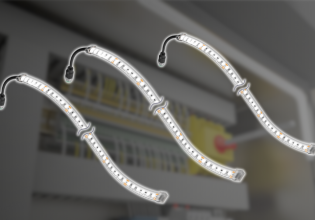P
Hi all
I would like to take your idea about my issue.
One of my panel is provided with MODBUS RS485 communication. and one the signals from that panel supposed to trip the plant i.e works as ESD. Now my question is, is it ok to carry a shutdown command thru MODBUS??
my opinion is NO as MODBUS communication is slow hence it should not be? anybody agree / disagree with me
please discuss n provide your valuable inputs
Rgds,
pandu
I would like to take your idea about my issue.
One of my panel is provided with MODBUS RS485 communication. and one the signals from that panel supposed to trip the plant i.e works as ESD. Now my question is, is it ok to carry a shutdown command thru MODBUS??
my opinion is NO as MODBUS communication is slow hence it should not be? anybody agree / disagree with me
please discuss n provide your valuable inputs
Rgds,
pandu






